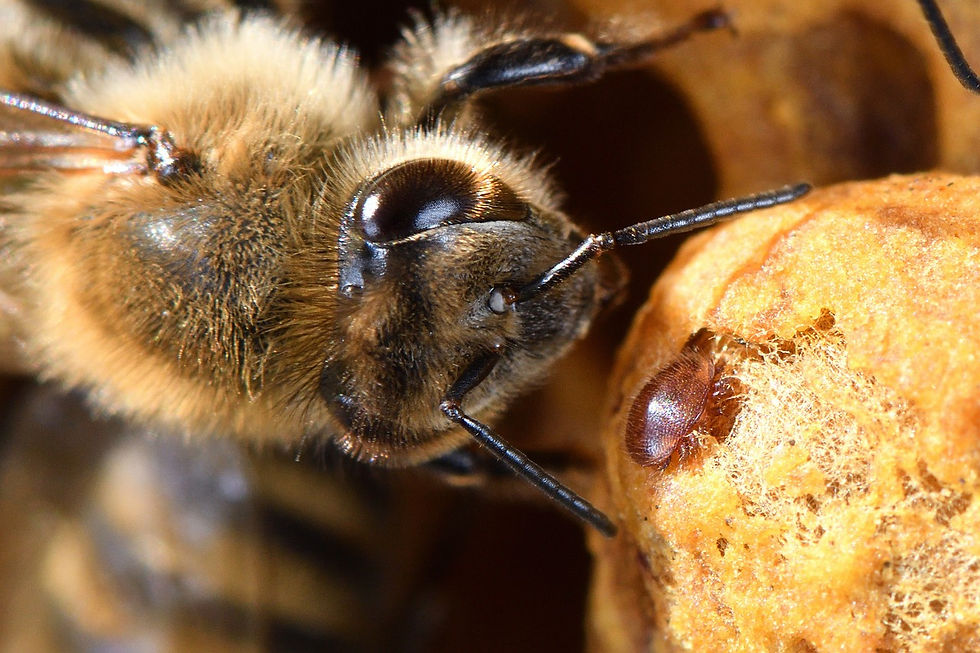World Bee Day 2025 – A Message from BICWA
- bicwaorg
- May 20, 2025
- 2 min read
20 May 2025

On this World Bee Day, we join the Asian Apicultural Association (AAA) and pollinator advocates across the globe in celebrating the vital role bees play in our food systems, ecosystems, and livelihoods.
Here in Western Australia, we honour this day by reaffirming our commitment to protecting pollinators, safeguarding biodiversity, and elevating the value of our unique honey both locally and globally.
The theme for this year—“Bee inspired by nature to nourish us all”, led by the United Nations and FAO, is a timely reminder of the interconnectedness between healthy ecosystems and human wellbeing. We are inspired not only by nature, but by the tireless work of beekeepers, researchers, and community champions across WA.
WA's Priorities: Protecting What Matters Most
Western Australia is home to one of the last remaining Varroa-free honeybee populations in the world. With this comes an immense responsibility to:
Strengthen Biosecurity Measures
We're working closely with DPIRD, Biosecurity Officers, and industry partners to protect our borders and prevent pest incursions like Varroa destructor, which continues to pose a threat across Australia and beyond.
Prepare for Incursion Response
Our industry is actively building preparedness through traceability projects, emergency response training, and education to ensure we’re ready to act swiftly and effectively.
Support Our Beekeepers
Local beekeepers play a critical role not only in pollination but in upholding the quality and reputation of WA honey. We recognise their contribution to agriculture, trade, and food resilience.
WA Honey: Naturally Unique, Globally Valuable
WA is home to some of the world’s most distinct and medicinally-active monofloral honeys, including Jarrah, Marri, Yarri/Forrest Blackbutt. These are products of our pristine forests and represent both environmental heritage and economic potential.
BICWA is committed to:
Protecting the integrity and origin of WA monoflorals, including exploring protections for names like Jarrah.
Educating global markets about the unique properties and benefits of WA honey.
Positioning WA honey as a premium product through trade, storytelling, and science.
Our Collective Call to Action
In alignment with the AAA message, we join the call for:
Public Awareness: Host workshops, visit schools, and share bee stories to connect people with pollinators.
Sustainable Beekeeping: Support practices that adapt to climate, protect forests, and benefit both bees and beekeepers.
Research & Collaboration: Invest in pollinator health, innovation, and cross-border knowledge sharing.
Youth Engagement: Inspire the next generation to become passionate stewards of pollinators.
Let us lead by example here in WA—by planting pollinator-friendly species, reducing environmental threats, and celebrating the important contributions of our local beekeeping community.
Download Prof.Dr. Siriwat Wongsiri, President of Asian Apiculture Association (AAA), speech:
Let’s Bee the Change
Whether you are a beekeeper, policymaker, scientist, farmer, or honey lover—you have a role to play.
Together, let’s turn awareness into action. By protecting bees, we protect our food, our health, and our environment.
Happy World Bee Day from all of us at BICWA.
Media contact:




Comments